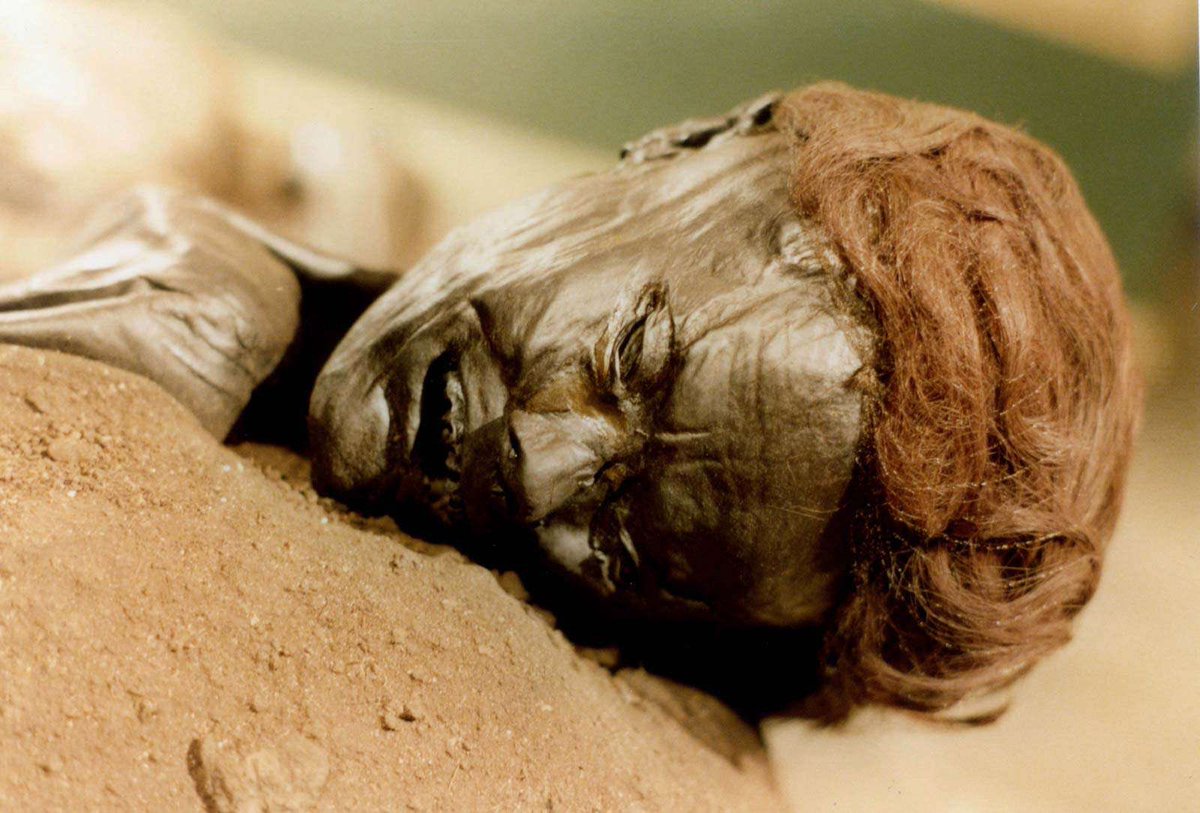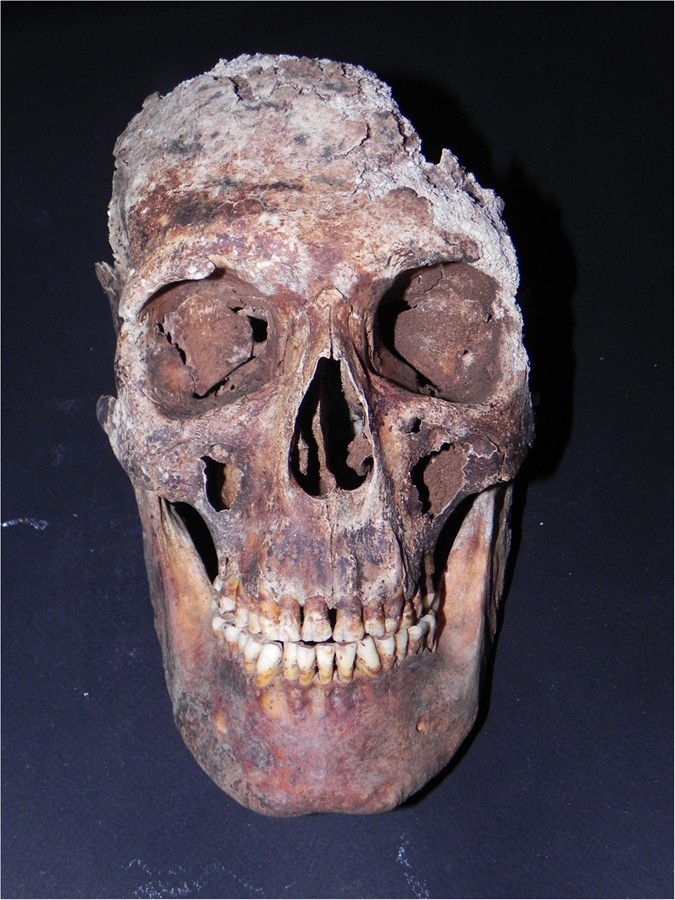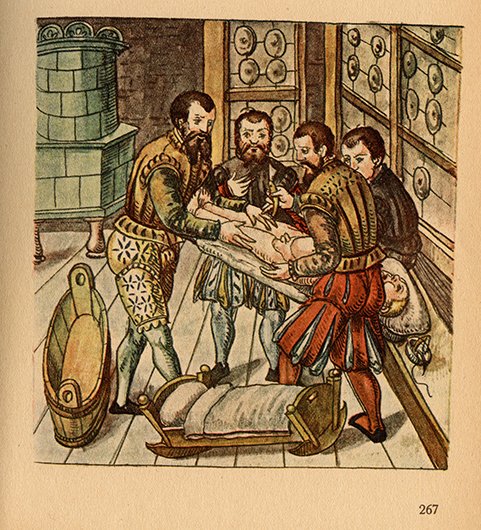
The expression “call a spade a spade” comes from the work of Plutarch, who originally wrote “call a fig a fig.” Fig was crude slang for the Vulva, so “call a c**t a c**t” is closer. Nicolas Udall translated the work in 1542 & changed it to a garden spade to avoid embarrassment. 

Although Udall meant a regular, everyday garden spade, the expression is rightly falling out of use today because of the racist homonym, which dates to the 20th century. Personally, I’m all for bringing back “call a c**t a c**t.”
Read more here
👇
npr.org/sections/codes…
Read more here
👇
npr.org/sections/codes…
* Plutarch actually wrote “call a fig a fig and a trough a trough”. A trough has similar connotations but not as many pretty pictures available to illustrate to point in a tweet. This article on the origin of the phrase is brilliant. colvinism.wordpress.com/2013/09/04/cal…
Edit. I have maligned Udall. He was translating the work of Erasmus (1466-1536), who had translated Plutarch. It was Erasmus who switched a fig for a spade, not Udall. Udall’s work was the first time the expression was recorded in English. This is complicated, isn’t it?!
• • •
Missing some Tweet in this thread? You can try to
force a refresh

















